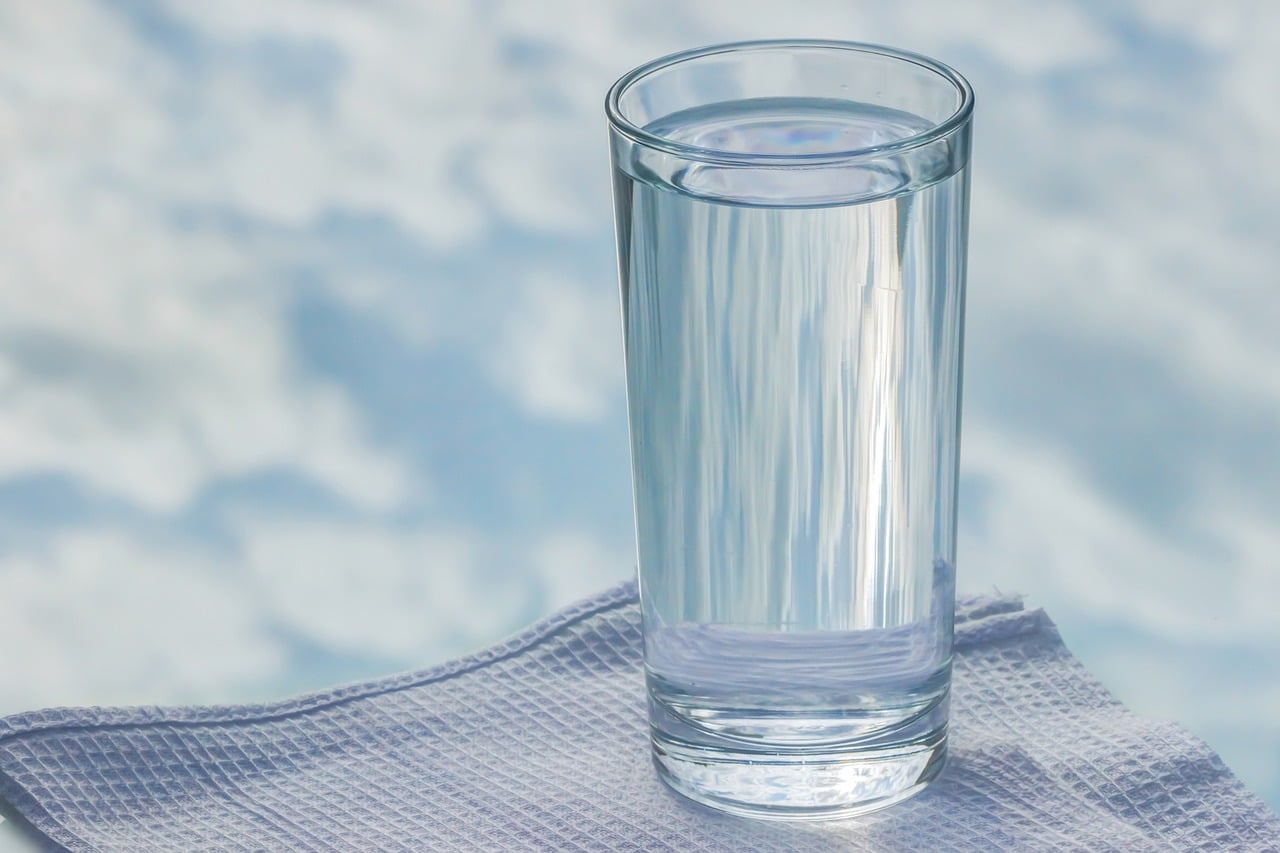Unlike many other African countries, South Sudan doesn’t necessarily reach the media because of their lack of resources or poverty, but more likely their war.
There has a major emphasis been placed on the country’s war and violence, but not as much its water crisis.
We all know that most countries in Africa suffer from some type of water crisis. It is primarily due to high levels of pollution, poverty and a lack of sustainability, which is the number one issue that must be focused on by governments.
Considering the lack of management and care provided by governments, it is easy to understand just how unsafe the water in Africa can be.
South Sudan particularly is suffering from a severe water crisis, and even though it has suffered for decades, which means that most residents have adapted to even the worst conditions. Regardless thereof, it remains a daily struggle, and it’s also been one of the main reasons why the country has descended back into war in 2013.
The war was caused by a crisis, that turned into an even worse crisis
It seems completely crazy to think that the country’s war was initially fuelled by the shortage of water, and now it’s got worse because of the water crisis as well. The war has left the water systems in the country destroyed, and along with poor rain patterns, and the effects of the East African drought in 2011, a clean water supply has been depleted.
Due to water sources being scarce, both girls and women are left to travel far distances every day, which disrupts their likeliness to go to school, graduate from school and women getting a job in general.
This also causes women to be suppressed and causes a further economic strain on families.
With 97% of South Sudan’s water being used for the purpose of agriculture and only 2% of it for domestic use, tremendous distress is caused when water is deemed contaminated, as 80% of the population relies on the agricultural industry for work, which fuels the war, as water is the key element to the country’s survival.
Get bottled water coolers and mains water coolers from Living-Water in London.






